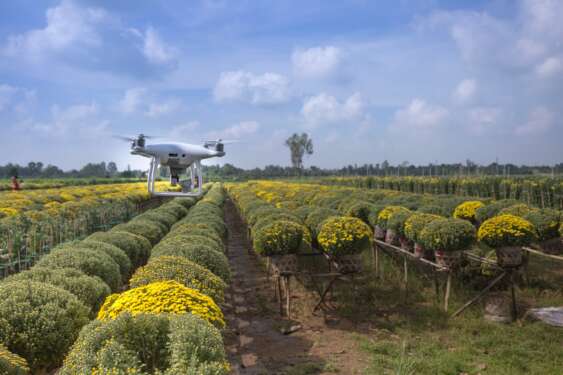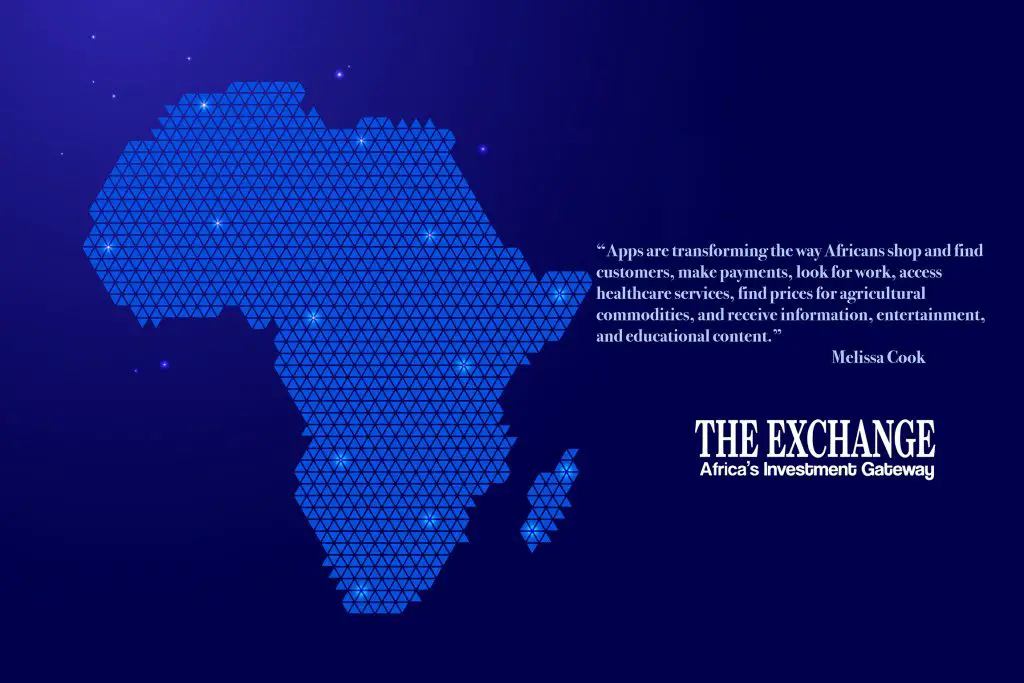This period of unprecedented economic and societal upheaval is accelerating development of Africa’s digital future. What’s happening? What kinds of opportunities are out there for investors? Clearly, risk has risen. Nobody can predict what level of earnings companies in any geography will be able to generate when the COVID-19 crisis eases. However, we are encouraged by some of what we are hearing from sources around sub-Saharan Africa. I am advising clients to look closely at trends being accelerated as a result of the pandemic. Some African innovations will have global impact—we refer to this as African solutions to global problems.
Hard-won experience from HIV/AIDS, Ebola, tuberculosis and other diseases prepared African officials for rapid and strict containment of the novel virus. Contact tracing, mitigation, and reporting systems are already in place. So far, there’s no indication that the coronavirus has infected very large numbers of Africans—particularly the urban poor—although this













